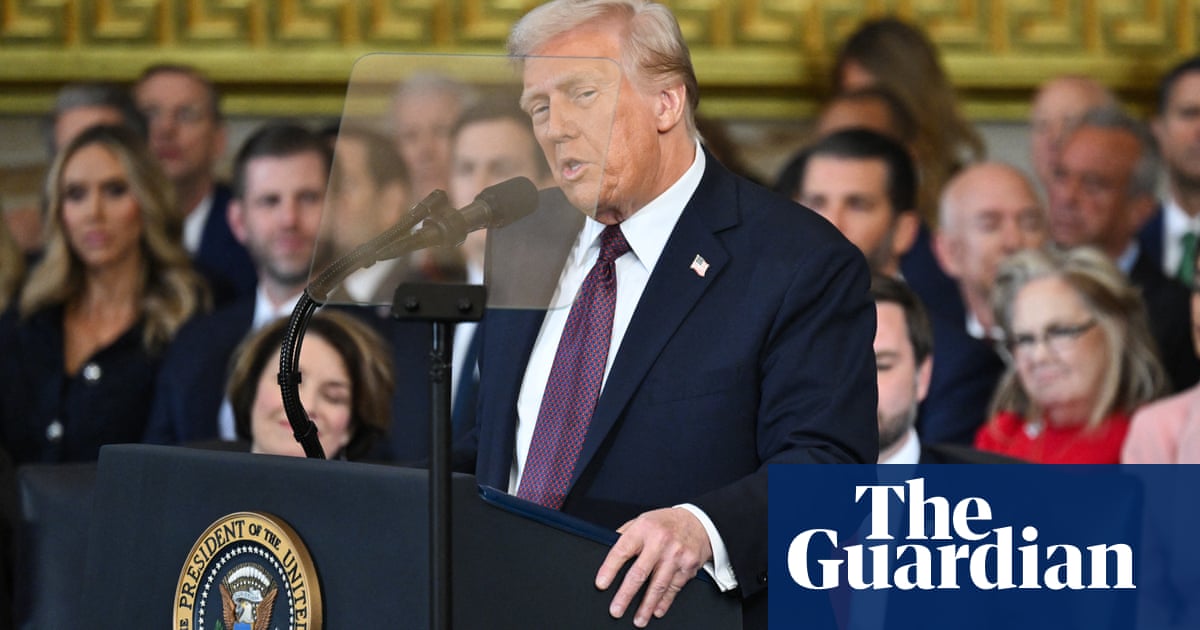BANGKOK — Myanmar’s military government and a major ethnic rebel group in the country’s northeast have signed a formal ceasefire agreement, mediator China said Monday.
The ceasefire between the military and the Myanmar National Democratic Alliance Army (MNDAA), which seized large tracts of territory along the border with China, is the second such pact in little over a year and came into effect on Saturday. A previous pact in January last year was not honored by either side.
The new ceasefire was brokered by China in mid-January, Foreign Ministry spokesperson Mao Ning said at a daily briefing in Beijing.
China is the most important foreign ally of Myanmar’s military rulers, who took power after ousting the elected government of Aung San Suu Kyi in February 2021. The takeover led to nationwide peaceful protests that escalated into civil war.
Beijing has major geopolitical and economic interests in Myanmar and is deeply concerned about instability along their border.
“We hope that all parties will maintain the momentum of ceasefire and peace talks, earnestly implement existing common understandings, take the initiative in deescalating the situation on the ground, and further negotiate and settle relevant issues through dialogue,” Mao Ning said.
She added that China stands ready to actively promote talks and provide support for the peace process in northern Myanmar. She did not disclose details and Myanmar’s military government did not immediately comment on the ceasefire.
The MNDAA, which is made up of the ethnic Chinese Kokang minority, last year announced a unilateral ceasefire in its conflict with the military and called for a dialogue under Chinese auspices. The group is a member of the Three Brotherhood Alliance that launched a surprise offensive along the border with China in October 2023.
China originally appeared to give tacit support to the offensive when it seemed to aid its goal of eradicating illegal gambling and internet scam operations organized by ethnic Chinese gangsters in northeastern Myanmar. But the offensive also weakened the Myanmar army’s grip in other parts of the country.
The ethnic rebels have been fighting for decades for greater autonomy from Myanmar’s central government and are loosely allied with the People’s Defense Force, the pro-democracy armed resistance formed after the army’s 2021 takeover.
In January last year, Beijing used its close ties with both the military and the Three Brotherhood groups to negotiate a ceasefire in northern Shan state, which lasted for five months until the ethnic alliance went back on the offensive in June, accusing the military of violating the ceasefire.
China showed its displeasure with the new rebel attacks by shutting down border crossings, cutting electricity to Myanmar towns and taking other measures to end the fighting.
China has reopened its border gates linking with the areas controlled by the MNDAA and the United Wa State Army, another powerful rebel group in eastern Shan state, according to local media.
Article by:Source:
















